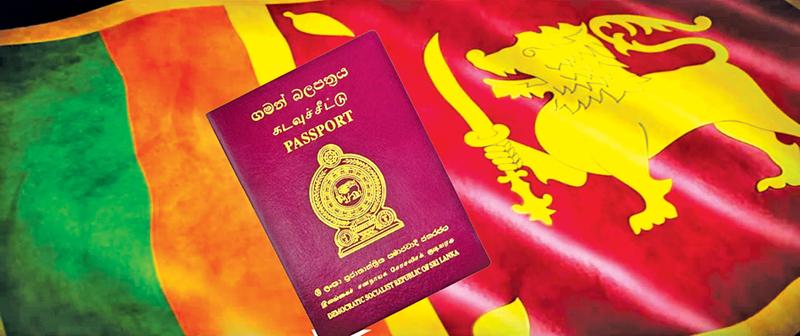
Migration remains a nightmare for many Sri Lankan expatriate workers due to lack of information and the communication gap between the authorities and the workers, noted panelists at a forum on ‘The role of Journalists in Labour Migration’ conducted by Community Development Services (CDS) last week.
It was noted that the stories reported in the media here is what had been told to the country but the actual story of the migrant worker in his or her workplace is left out from the scene. Record keeping on labour migration has been a major challenge for the authorities dealing with migrant workers. However, a data base for every migrant worker is essential to keep a track of them and mediate when needed.
“The family of a migrant worker may not know that the member is detained due to communication gaps between detention centres holding migrant workers and the country which they belong to. There is no information as to why workers had to abandon jobs, the working conditions, the employer and the treatment meted out to workers,” a senior journalist said.
Detention centres and safe houses are operated by governments and embassies to assist migrant workers in trouble. It was noted that pre-migration information in the website of the organisation that registers and monitors foreign employment agencies is lacking. The information includes the contract singed between the employer and employee, the salary, the work place, and the nature of work.
“Access to information is vital for migrant workers to take informed decisions before migrating. Civil Society Organisations (CSOs) and the Association for Licensed Foreign Employment Agencies (ALFEA) has an indispensable role to play in bridging the information gap and ensuring the safety of migrant workers,” the senior journalist said.
Panelists said the board of the Sri Lanka Bureau of Foreign Employment lacked representation from CSOs and the question arises as to who would be the voice of migrant workers.
It was noted that information on pre-departure orientation, labour laws, contracts and penalties is inadequate and is a hindrance in promoting the welfare of workers.
However, according to a Bureau official, room has been created for CSOs to voice concerns to the SLBFE and that information on migrant workers are updated on a regular basis.
It was also brought to light that in dealing with human trafficking, successive governments had not taken adequate steps to fully meet the minimum standards for the elimination of human trafficking. However, certain measures such as convicting more traffickers, including the first conviction under the trafficking statute in five years; identifying more potential trafficking victims; and continuing to conduct numerous anti-trafficking training and awareness-raising events for government officials and civil society have been taken.
An official of the International Organisation for Migration said despite numerous training programs, the authorities have not taken adequate steps to screen people arrested or charged for prostitution, vagrancy, or immigration offences for indicators of human trafficking; the government detained child sex trafficking victims and did not provide appropriate care.
Sri Lanka has maintained mixed law enforcement efforts to address human trafficking.
It convicted more traffickers, issued suspended sentences to some of those convicted, initiated significantly fewer prosecutions, and did not take sufficient action to investigate allegations of official complicity in trafficking.
Section 360(C) of the penal code criminalised sex trafficking and labour trafficking and prescribed penalties of two to 20 years imprisonment and a fine, which were sufficiently stringent and, with respect to sex trafficking, commensurate with those prescribed for other serious offences, such as rape.
The government also frequently used Section 360(A), a procurement statute that criminalised getting a person to become a prostitute, with or without the consent of the person, and to prosecute sex trafficking cases. Procurement crimes carried lesser penalties of two to 10 years imprisonment and fines, and prosecutors often brought these cases before magistrates who generally only had the authority to issue sentences of up to two years imprisonment.
The CDS with CSOs have been lobbying for the voting rights of migrant workers. It is estimated that between 1.5 to 1.9 million Sri Lankans are employed overseas mostly in the Gulf corridor sending over US$ 7 billion annually to the country.
However, migrant workers have been denied their voting franchise for decades.
The national labour migration policy of Sri Lanka, the key policy document pertaining to labour migration came into force in 2008 to enhance the welfare and protection of migrant workers and their families.
